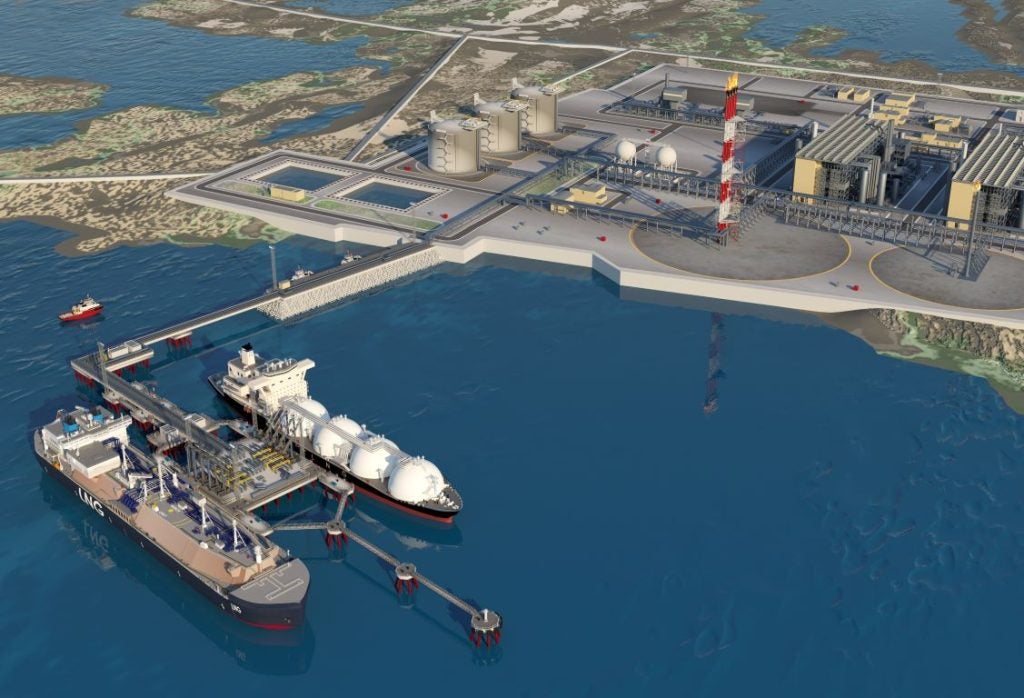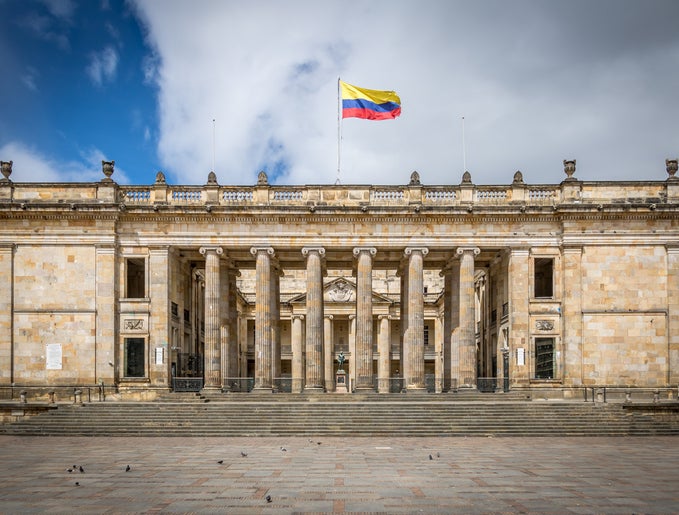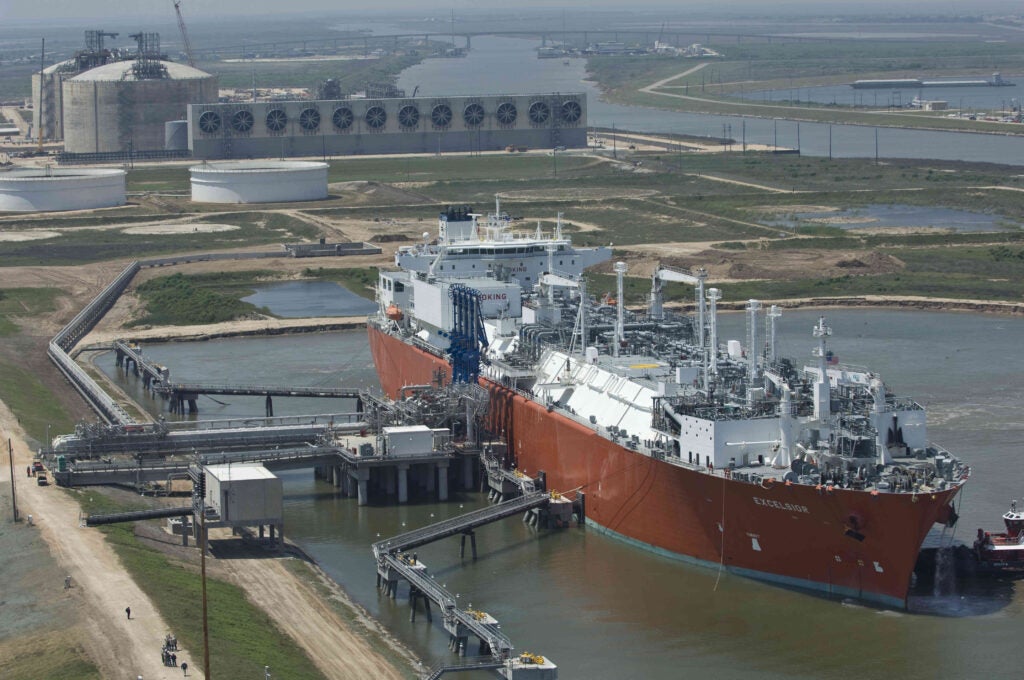EU should gradually reduce Russian LNG imports, ACER says
The Agency for the Cooperation of Energy Regulators (ACER) report suggests the EU gradually reduce Russian liquefied natural gas (LNG) imports to end reliance on Russian fossil fuels by 2027.

The Agency for the Cooperation of Energy Regulators (ACER) report suggests the EU gradually reduce Russian liquefied natural gas (LNG) imports to end reliance on Russian fossil fuels by 2027.



British energy giant bp has reduced its leadership team from 11 to ten members and made a number of new appointments.
The oil & gas industry continues to be a hotbed of patent innovation. Activity is driven by the need for...


US increases royalty rates for companies drilling on public lands
‘Sheer scale of the challenge’ the biggest barrier to net zero in APAC
Venezuela’s former oil minister arrested for money laundering
How “energy-hungry AI” is straining grids and spreading climate disinfo